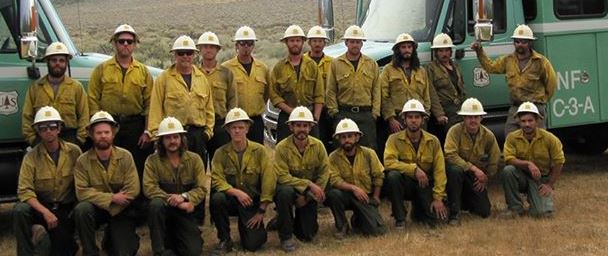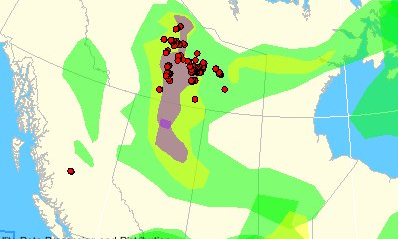The British Columbia Ministry of Forests has announced that a hacker accessed their computer system and may have obtained personal data about 15,000 individuals who applied for wildland firefighting jobs. The agency is in the process of notifying those who may be affected.
The databases were accessed by an unauthorized user on Sept. 24, 2014. As soon as the breach was discovered, public website access to the databases was shut down. The Ministry of Forests, Lands and Natural Resource Operations is conducting a thorough review of the incident in co-operation with the Office of the Chief Information Officer.
This incident may have resulted in some personal information being unlawfully accessed, including the name, gender, general contact information, date of birth, driver’s license number and job evaluation information of past wildfire crew firefighter job applicants. In some cases, information that applicants entered about their status as an Aboriginal, minority or disabled person may also have been viewed.
The government is notifying the individuals who are affected by this incident and could be at risk of harm as a result. People who require notification will be contacted by mail or other means.
In addition, the government is making credit protection services available at no cost to all of the individuals concerned. Persons who may be affected and who are being notified should call 1 844 456-2284 (toll-free from anywhere in Canada) for information about how to sign up for credit protection services.
Some of the database records are up to 10 years old and contacting all of the individuals in a timely manner may be difficult, so the Wildfire Management Branch is also reaching out to past job applicants through the media and its own social media channels.




